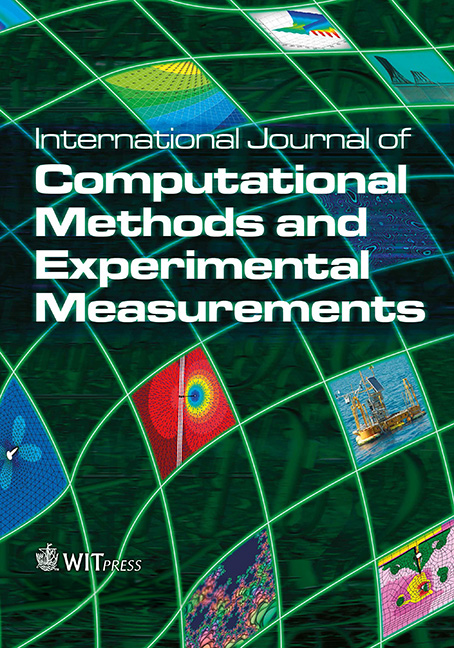Stability analysis of a meshless method in irregular nodal distributions for flow problems
Price
Free (open access)
Volume
Volume 5 (2017), Issue 3
Pages
7
Page Range
329 - 336
Paper DOI
10.2495/CMEM-V5-N3-329-336
Copyright
WIT Press
Author(s)
G. KOSEC
Abstract
This paper is focused on the analysis of the numerical solution of flow problems in irregular domains. The numerical approach is based on the weighted least squares (WLS) approximation constructed over the local support domain, i.e. a sub cluster of computational nodes, to evaluate partial differential operators, in our case spatial derivatives up to second order. There are several possibilities for elegant formulation as well as computer implementation of such method, which are first and foremost consequence of the fact that the node has to be aware only of the distance to other nodes, i.e. no topological relation between nodes is required. The presented meshless approach is applied on the lid-driven cavity problem in randomly generated domain. It is demonstrated that using adequately wide support domains, i.e. enough support nodes with a proper weighting, provide stable results even in highly deformed domains, however, at the cost of the accuracy and computational complexity, especially in cases when the support domain changes during the computation. The optimal meshless configuration, i.e. support of 15 nodes weighted with Gaussian weight function and monomials up to second order as basis, is suggested based on experimental analyses. The results are presented in terms of comparison with already published data on regular nodal distributions, convergence analysis on regular nodal distribution and stability analysis of the solution with respect to the level of nodal irregularity and local support size.
Keywords
fluid flow, meshless, parallel, stability.




